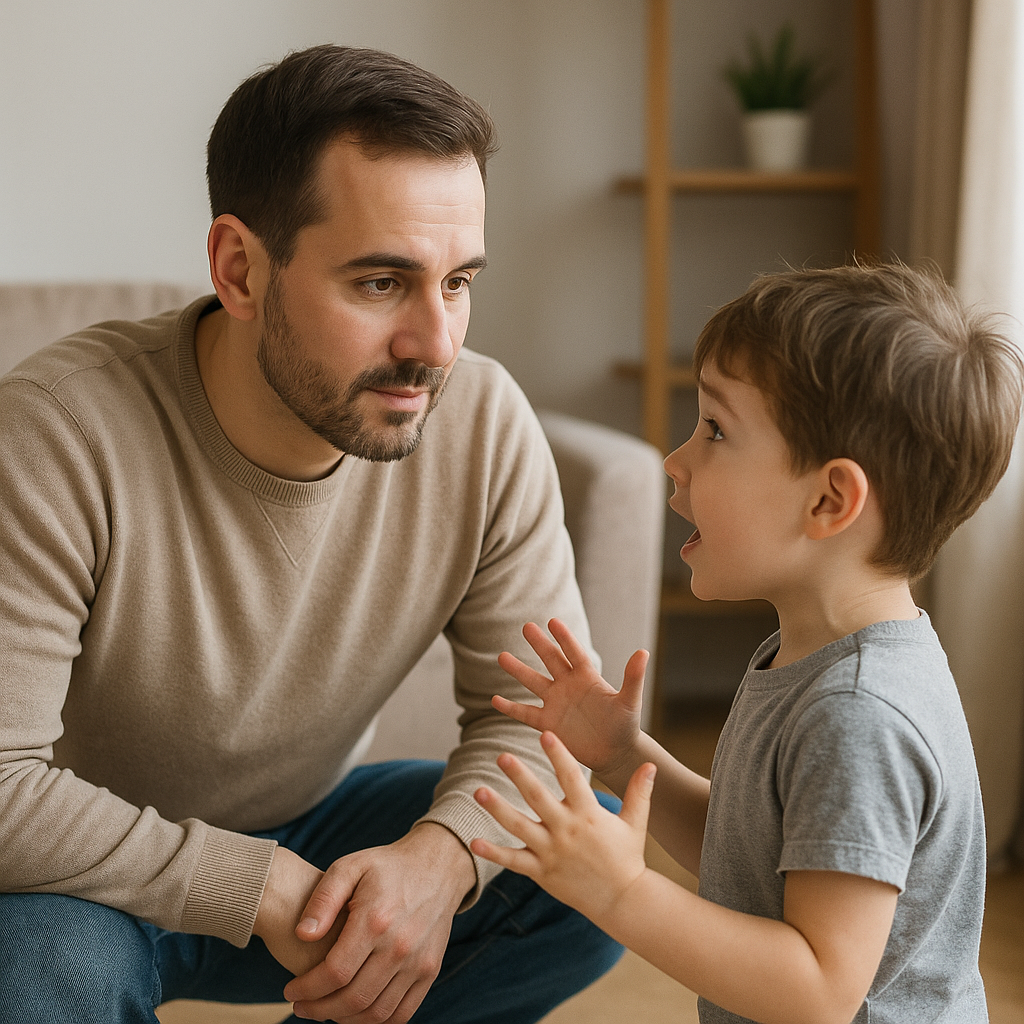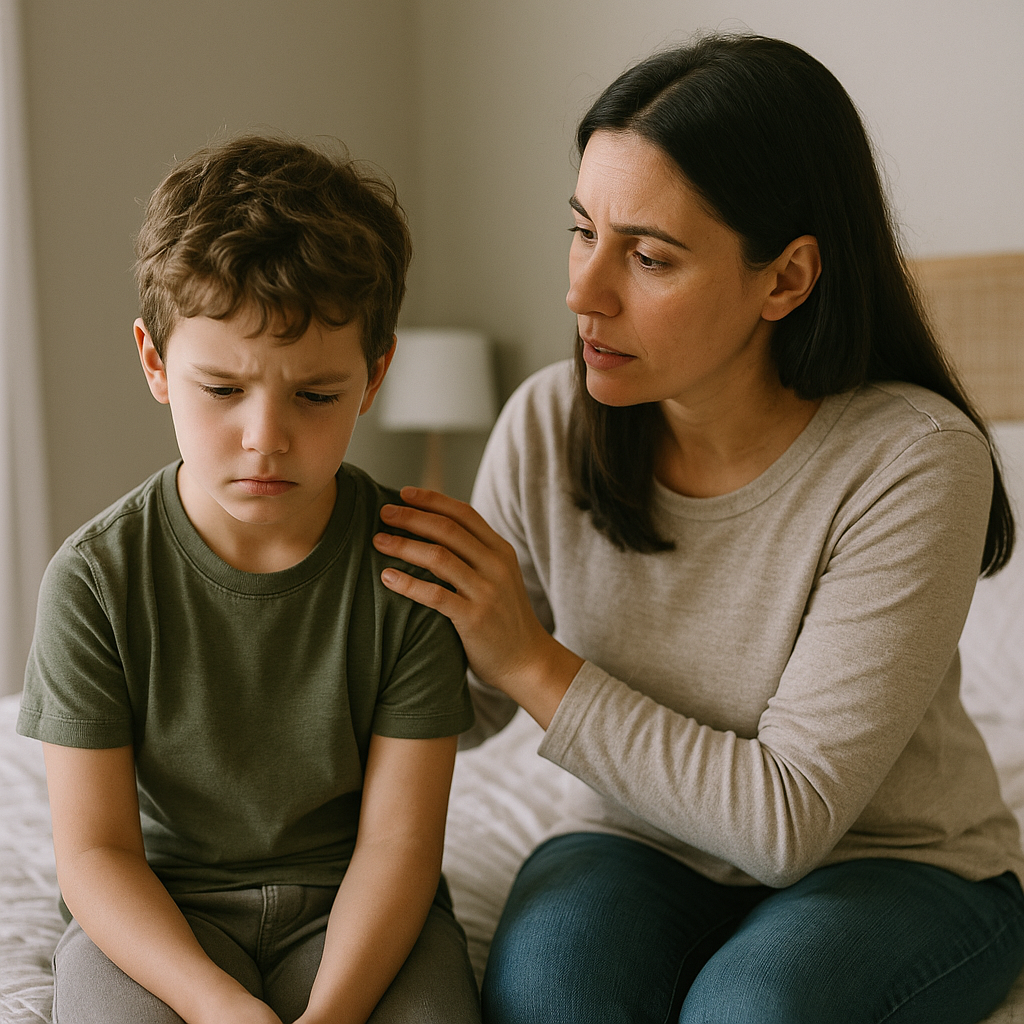
Top 10 Flashcard Combos for Holistic Toddler Learning
Did you know that up to 80% of a toddler’s brain develops in the first five years? As a parent, you’re likely eager to give

How Nurturing Discipline and Encouragement Create Stronger Family Bonds
Parenting with positivity is more than just being loving. It’s an intentional, empathic method of raising children based on mutual respect, open communication, and emotional connection between parents and children. This style of parenting emphasizes teaching over punishing and connection over control — so children have the space they need to succeed both emotionally and socially.

Positive parenting is characterized by high responsiveness and reasonable expectations. It’s made up of appropriate boundaries, respectful communication, and predictable emotional availability for your child. And instead of threatening, parents implementing this style mirror appropriate behavior and encourage children’s emotional development by rewarding them.
Such a style is marked by independence and respect, but also underpinned by trust and warmth within the parent-child relationship.

Many caregivers are drawn to positive parenting because of its lasting emotional benefits and its alignment with values like empathy and self-awareness. Some key reasons include:
Children raised under positive parenting typically demonstrate:
For those who would like to take this path, here are a few pockets of possibility:
Kids copy what they see. Use polite speech, stay calm and lead by example.
But try to concentrate on positive things your child is doing and help him or her to grow with the use of constructive comment.
Give simple rules and routines, making sure they are age-appropriate and predictable.
Pay attention and respond when your child is speaking, especially when your child is “opening up” emotionally.
Re-direct, problem-solve, and talk consequences, rather than threaten or punish.

Feeling Overwhelmed? Let’s Talk! Join Our Parent Forum and Get Expert Advice & Support!
Positive parenting as we know, is not about perfection it’s about progress, intention, and heart. When parents (or teachers) come to the table with empathy, structure, and consistency, kids feel seen, safe and supported. This in turn helps grow emotionally strong, compassionate people who believe in themselves, and the world around them.